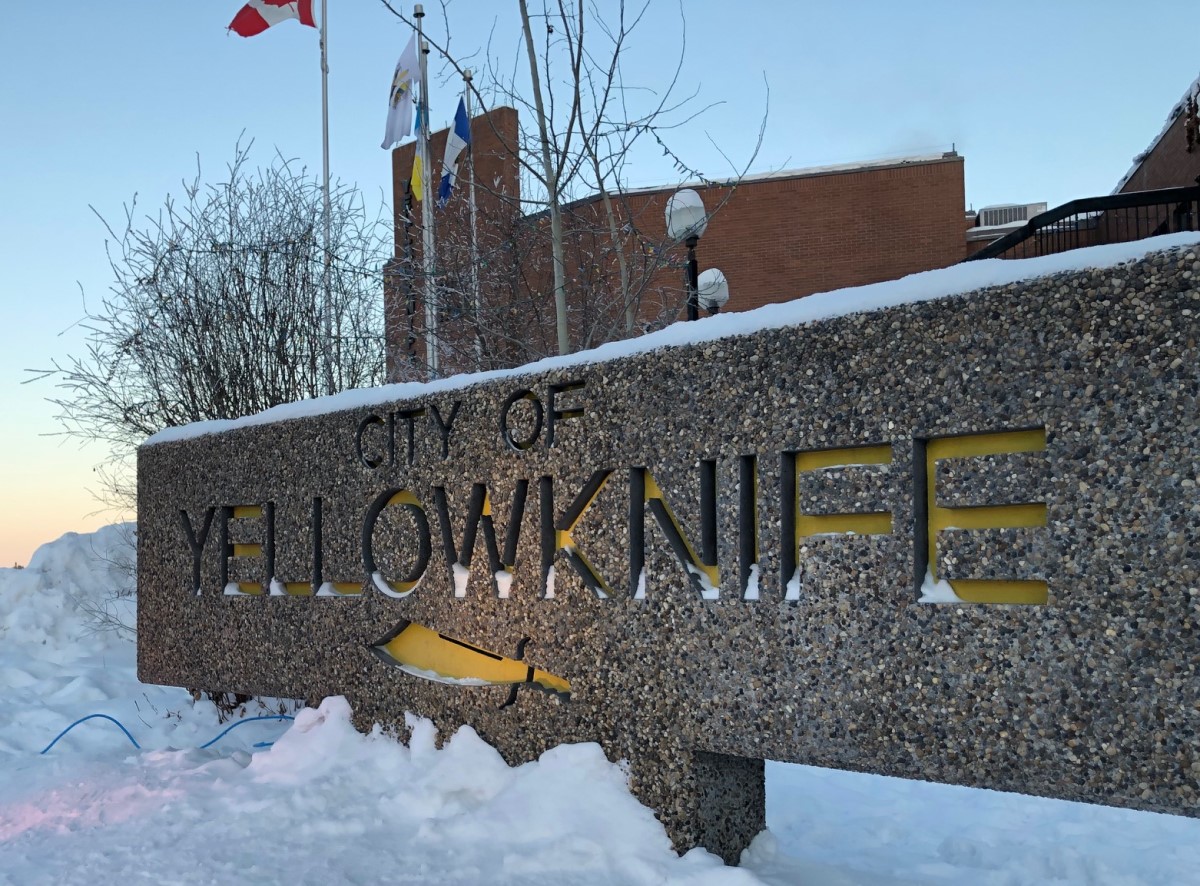The GNWT is preparing a new initiative to help fight against homelessness.
With the City facing capacity challenges in its other shelter locations, the GNWT is working with several Non-Government Organizations on creating the On-the-Land Camp. This project is designed to offer various counselling courses and cultural programming lessons in a drug and alcohol-free setting.
Robert Tordiff, the Administrator for the Department of Executive and Indigenous Affairs, shared some more details on the Camp.
“It is a 24-hour camp, so it does provide programming for people who are out there throughout the day. They each have their own beds, they get three meals plus snacks, they have access to television, and they have access to the internet.”
Tordiff also spoke on the nature of the counselling sessions and cultural education classes.
“A lot of the programming is going to be determined by the folks that are participating in the camp. We take the view that these individuals need shelter primarily, but they need to provide input into what the services look like. Whatever the counselling sessions might be, they’ll have input into the subjects that they’re interested in or what they feel they need.
“The cultural programming will start off with things like arts and crafts, and then can move on to things like beading or drum making. As we continue to populate the camp, people will be able to express their interest in whatever activity they want, we’ll be able to look to the NWT and other community services to make sure that that kind of service is available to them.”
The Camp is located on the Ingraham Trail, around sixty kilometres outside of Yellowknife. Emergency medical teams will be on-site 24/7, and transport to and from the camp will be taken care of by an NGO operator. In preparation for the winter, the camp is ready with insulated dorm style cabins heated by wood stoves, heated outhouses and showers.
This camp is not intended to be a permanent solution to the homelessness in Yellowknife. Rather, it is a temporary measure to help keep unhoused people safe over the winter while a more permanent solution is developed.
The estimated cost of the camp is around $642,000, with most of that funding coming from third-party sources, and $7,000 coming from the GNWT.





